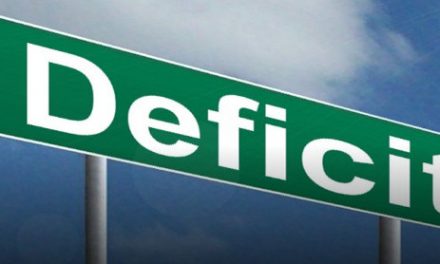“The weight of Catalonia in the total investment of the State is reduced to 9.1% when its contribution to Spanish GDP represents 19%”

Dr. Oriol Amat i Salas
Oriol Amat, professor of Financial Economics at the Pompeu Fabra University, president of the Catalan Association of Accounting and Management and full academician of the Royal European Academy of Doctors-Barcelona 1914 (RAED), has published in the digital newspaper Via Empresa the article “Pressupost estatal del 2018: més infrafinançament per a Catalunya” (2018 state budget: more underfunding for Catalonia), where he points out how in the General State Budgets presented by the Spanish Government for approval, Catalonia continues to suffer from a financing and investment deficit that “will continue to slow the Catalan economy and harm the welfare of its citizens”.
Amat recalls that according to the calculations made by the Government with methods agreed by a plural group of experts, the average fiscal deficit in Catalonia in recent years is around 16,000 million euros (8% of gross domestic product). “They are more than 43 million daily, amount higher than the daily expenditure of the Catalan Government in health and social spending”, he says. In the budgets presented by the Spanish Government, of the total regionalized investment, Catalonia will receive 1,349 million euros, representing 13.3% of the total investment of the State. However, Amat stands out, the Catalan population represents 16.2% of the total of Spain and the Catalan contribution to the Gross Domestic Product exceeds 19% of the total.
Although for the expert, the numbers still have to be considered more downward and the grievance for Catalonia is even greater, “since the regionalised investment does not include €4,662 million that the state will invest basically in Madrid (state museums, ministries and connections of Madrid with the rest of the autonomous communities) -he says-. If we take into account all the investment, the weight of Catalonia in the total of the state investment is reduced to 9.1%”.
Amat also denounces that a good part of the investment budgeted for Catalonia is not executed and increases the execution level of the last years to 60%, while in other regions more than what is budgeted is executed. “It’s logical that the richest regions contribute their solidarity to improve the poorest regions, but what isn’t fair is that Catalonia ends up poorer than many regions that receive their solidarity. This is evidenced by the European Index of Social Progress, which measures the capacity of the regions to cover the basic needs of their citizens”, concludes the academician.




